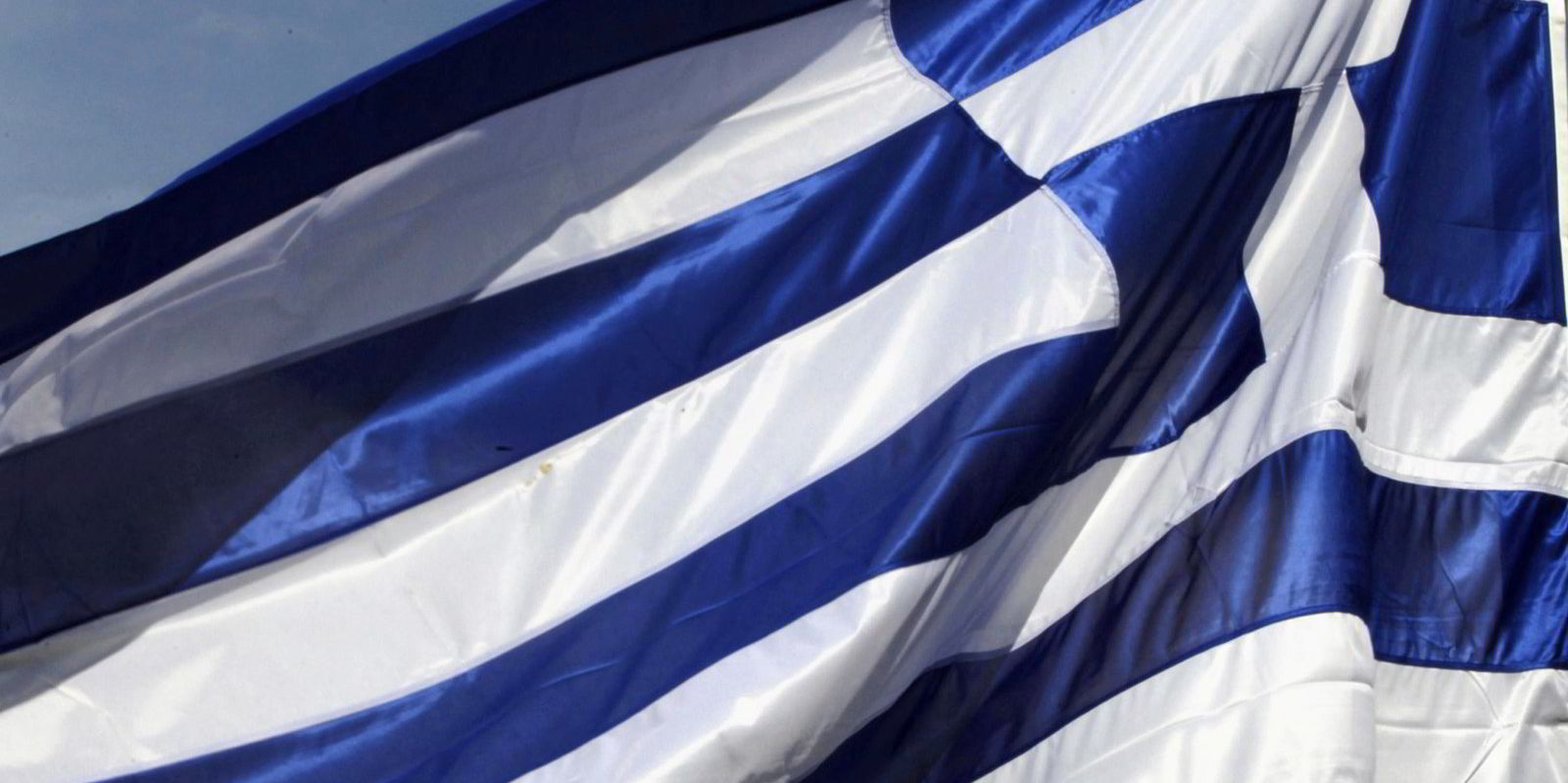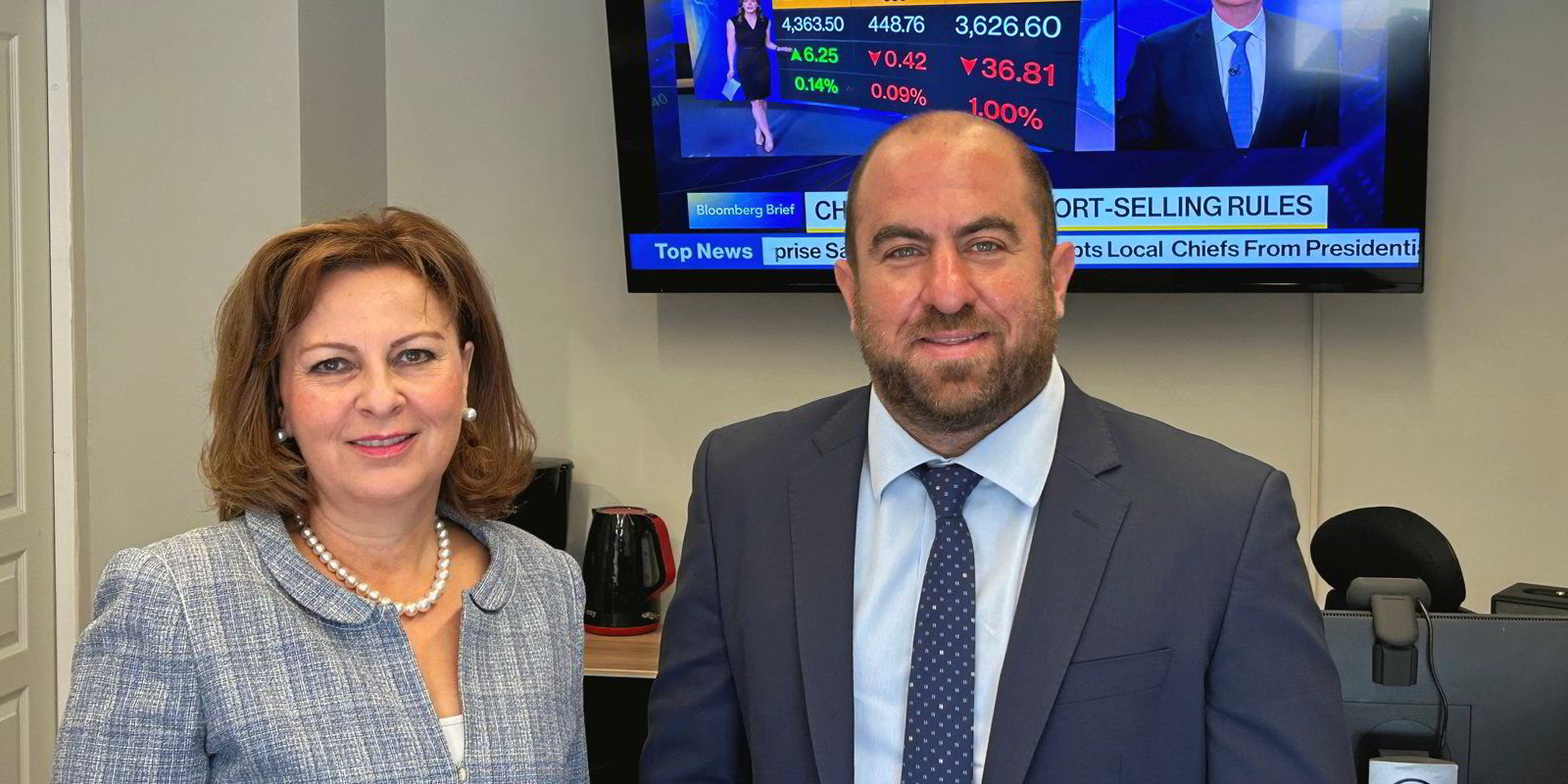Some shipowners and protection and indemnity clubs — grappling with seemingly unsolvable disputes — are turning to a new kind of partner to help them find solutions.
Mardiplo, an Athens-based company describing itself as a diplomatic brokerage for the maritime industry, promises a way forward.

This article is part of our Greece business focus, which includes articles on future fuels, tonnage tax wobbles and how the nation’s shipowners are seeking ways to reassert their dominance.
“This is something completely new,” Mardiplo co-founder Dr Mary Papaschinopoulou said.
With 20 years of experience under her belt in helping to shape policy in Brussels as a representative of primarily German business interests, including maritime ones such as Germanischer Lloyd and the International Association of Classification Societies, the trained lawyer and economist with a doctoral degree in European law knows how to network with officialdom.
The shipowning nous behind Mardiplo is co-founder and partner Neofytos Kourtesis, who honed his skills as an operations manager at his family’s shipping company, Seahawk Maritime.
In fact, it was a Seahawk dispute that brought the two together. The company, which is based in the Athens suburb of Voula, and four other shipping firms were chasing money owed by a charterer in Bangladesh that had defaulted.
When traditional dispute resolution mechanisms failed to offer a way forward, someone suggested giving Papaschinopoulou and her political network a try.
The seasoned corporate diplomat was familiar with the region as European Union representative to the German business associations for Asia and the Pacific.
Papaschinopoulou said there are no hard-and-fast rules about how to proceed in such a situation.
“You build legal constructs, try to gain leverage and talk to the right kind of people,” she said.
In the Seahawk dispute, the trick was to forget about the charterer and instead turn the focus to the cargo’s state-owned receivers and apply pressure at a government level.
Competition is welcome
The successful strategy led Kourtesis and Papaschinopoulou to formalise their tie-up and seek out similar missions through other P&I clubs and shipowners.
They are convinced they have a business model that works, having run Mardiplo for two years.
The idea is to pursue discreet, informal ways where traditional, formal mechanisms such as claims handling, arbitration, mediation or litigation are excessively expensive, time-consuming or reputationally damaging.
“We sometimes actually wish we had competition because that would help expand the market,” Papaschinopoulou said.
Kourtesis, who insists everything in their lobbying is above board, said: “We are not your average troubleshooter, going through ministry corridors carrying a bag of money.”
Papaschinopoulou said the right way to get ahead is often far simpler and straightforward than one imagines.
Attending social functions, such as a Mango Extravaganza Cocktail reception earlier this year in Athens, helps to cultivate relationships and open doors — both public and private.
Combining pedestrian and high-flying strategies, Mardiplo has handled eight cases for high-end clients — from unblocking bank guarantees in Algeria to repatriating seafarers stranded in Myanmar during the Covid-19 pandemic.
Housed in a northern Athens office staffed by its two co-founding partners and an assistant, the company is about to expand.
The client base has widened recently to include a classification society.
Striking a balance
Striking the right balance between public affairs, corporate diplomacy and maritime nuts and bolts remains a constant challenge.
“It took a while to understand each other’s universes,” Papaschinopoulou said on her cooperation with Kourtesis.
Another challenge is having to deal with shipowners whose business success often leads them to believe they already know best about policy, law and negotiations.
“It’s not always easy to approach them and convince them,” Kourtesis said.




